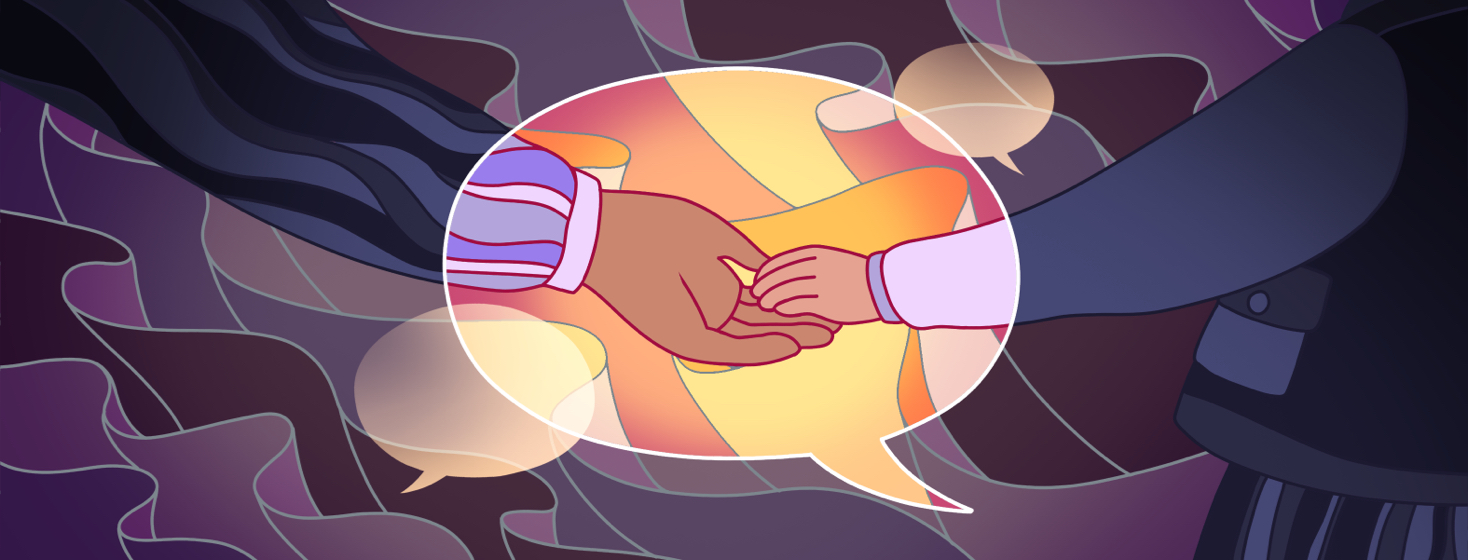Finding Joy While Raising a Child With a Rare Disease
It's hard to remember what my life was like before having a child with a rare disease. I became the caregiver of my firstborn son when I was still a kid myself, forcing me to adapt and grow up quicker than most young moms.
I used to be a people pleaser who tried hard to fit in and didn’t value my worth. Since having my son, I created a new me – one that I am proud of myself for becoming.
If you can relate, here are my top 3 tips for others struggling with insecurities:
Tip 1: Accept that you can’t please everyone
When becoming a caregiver of a rare child, it is important to know that you will never be able to please everyone. There is always going to be someone saying something about something you are doing. Remember, you know your child best, and it is okay to stand your ground.
Do you feel your child will benefit from a piece of equipment that insurance denied? Fight for it.
Is there a new treatment approach you feel would benefit your child? Push the provider until they agree.
Are you thinking about trying to take your child off medications? You have that right. I have done this for my son. It took some time, but we did it.
This or That
Do you live with a rare disease or care for someone living with a rare disease?
Tip 2: Strive to stand out
At the beginning of our rare disease journey, I remember being told constantly, “You’re so strong. You’re only given what you can handle.” This was annoying to me. I was 22 years old, just as strong as the person in line at the store next to me who had a typical developing child.
I did not choose this life. This was the life I was given. Being strong has nothing to do with the cards you are dealt. Seven years into this difficult journey, I still wonder what it would be like if my son developed differently. But each day, I wonder less and less as I have found joy in our family standing out.
Tip 3: Value your worth
As my son gets older and things get more “normal,” our village of people has gotten smaller. Fewer people offer to help, and even fewer invite us out to do things. My son is a very happy kid and still enjoys doing some of the things other kids his age do. His behaviors are difficult at times, but he still brings joy to whatever environment he is in.
It took me some time to accept, but I know that our family brings value, and if others cannot see that, then they don’t deserve to have us around.
Do you embrace the rare life?
When you are the parent of a child with a rare disease, you are forced to step out of your comfort zone. Nothing is “normal,” and nothing will ever be “normal.”
Calling a relative who has 2 neurotypical children gets you nowhere.
Your friend who had a baby months before you isn’t able to relate or offer suggestions.
The pediatrician may ask you to educate them on the rare disease.
Figuring this rare life out on your own is hard and makes your mind wander to crazy places every day. Remembering the 3 tips in this article may help you work towards a better mindset to embrace your not-so-normal life.
How do you find joy in the rare life? Share with the community in the comments below!

Join the conversation